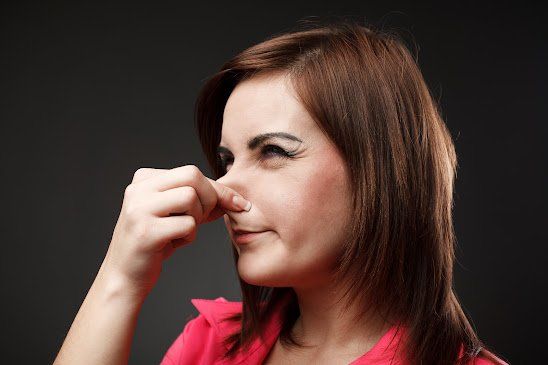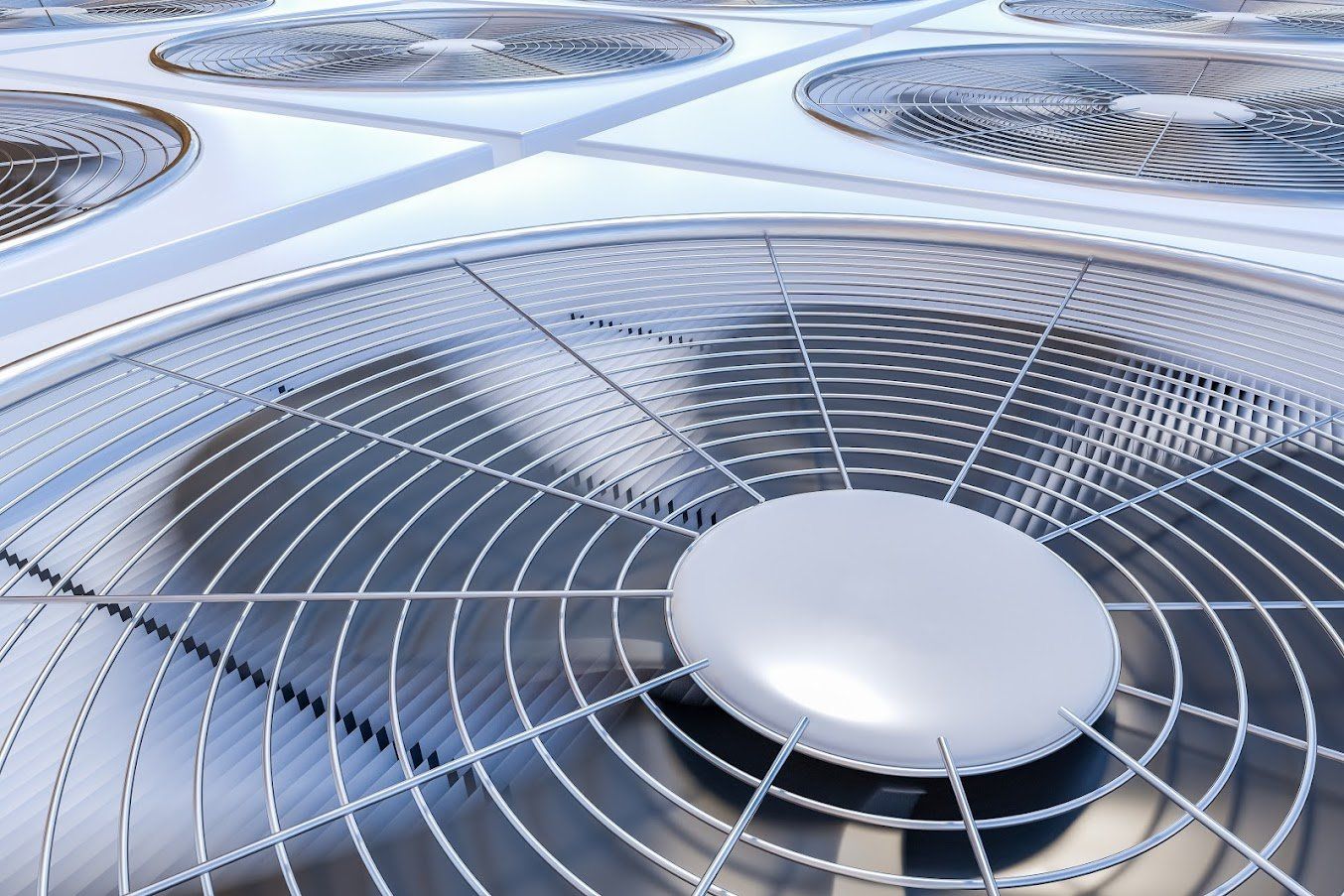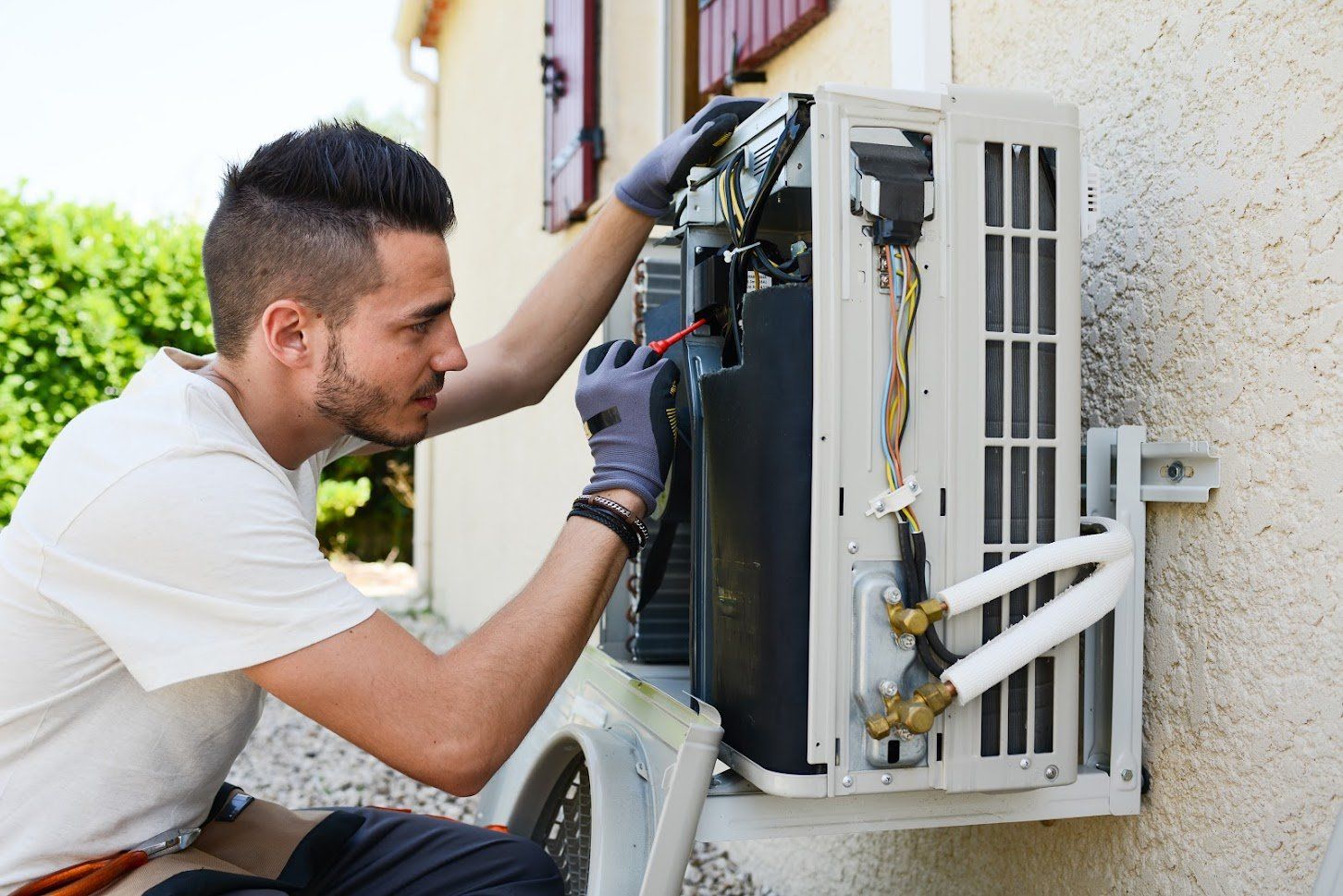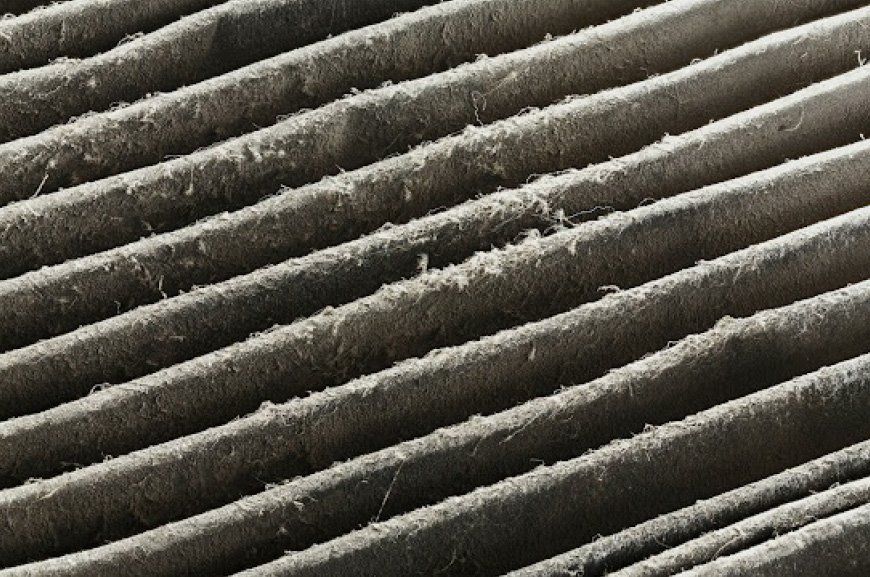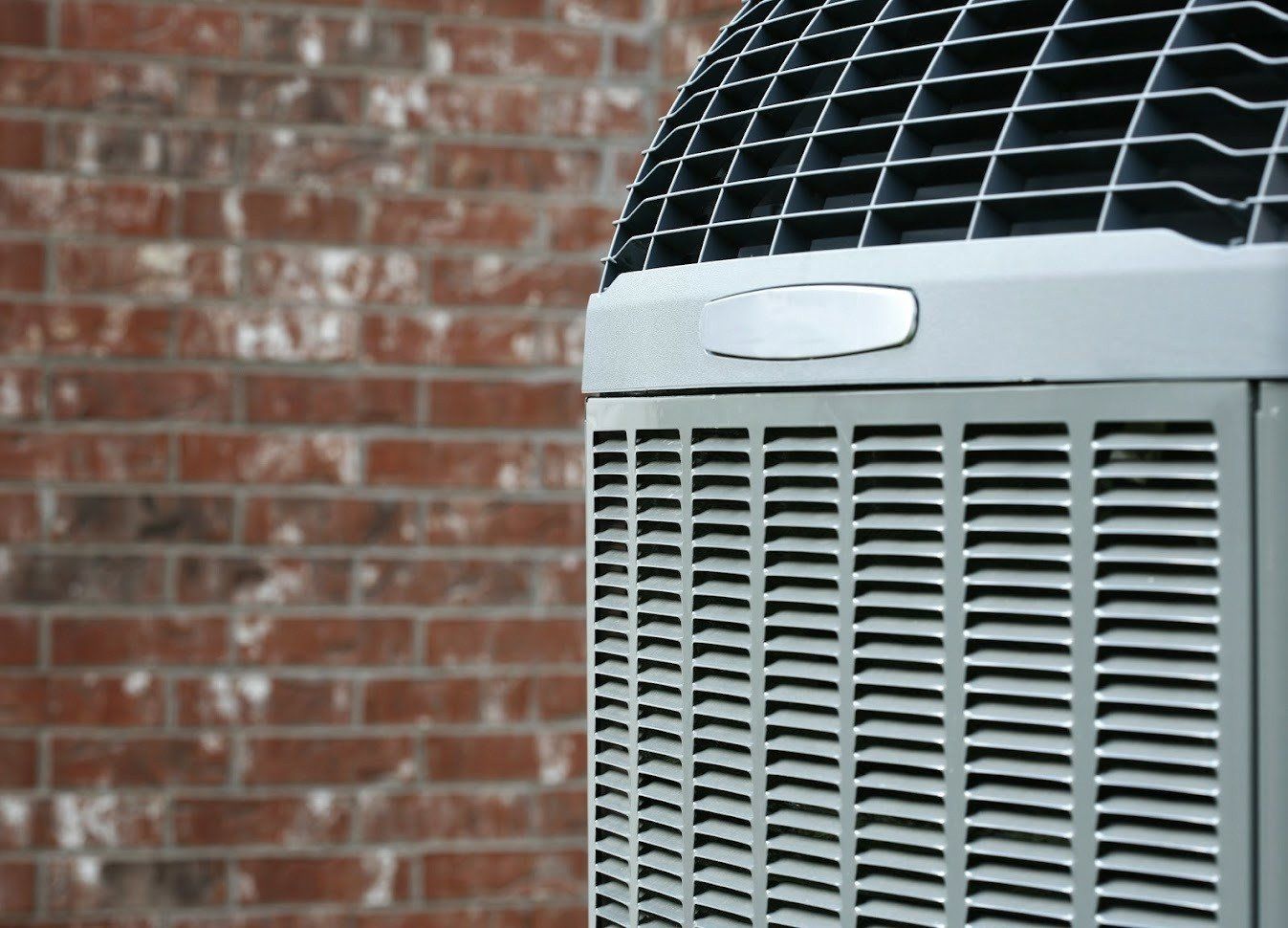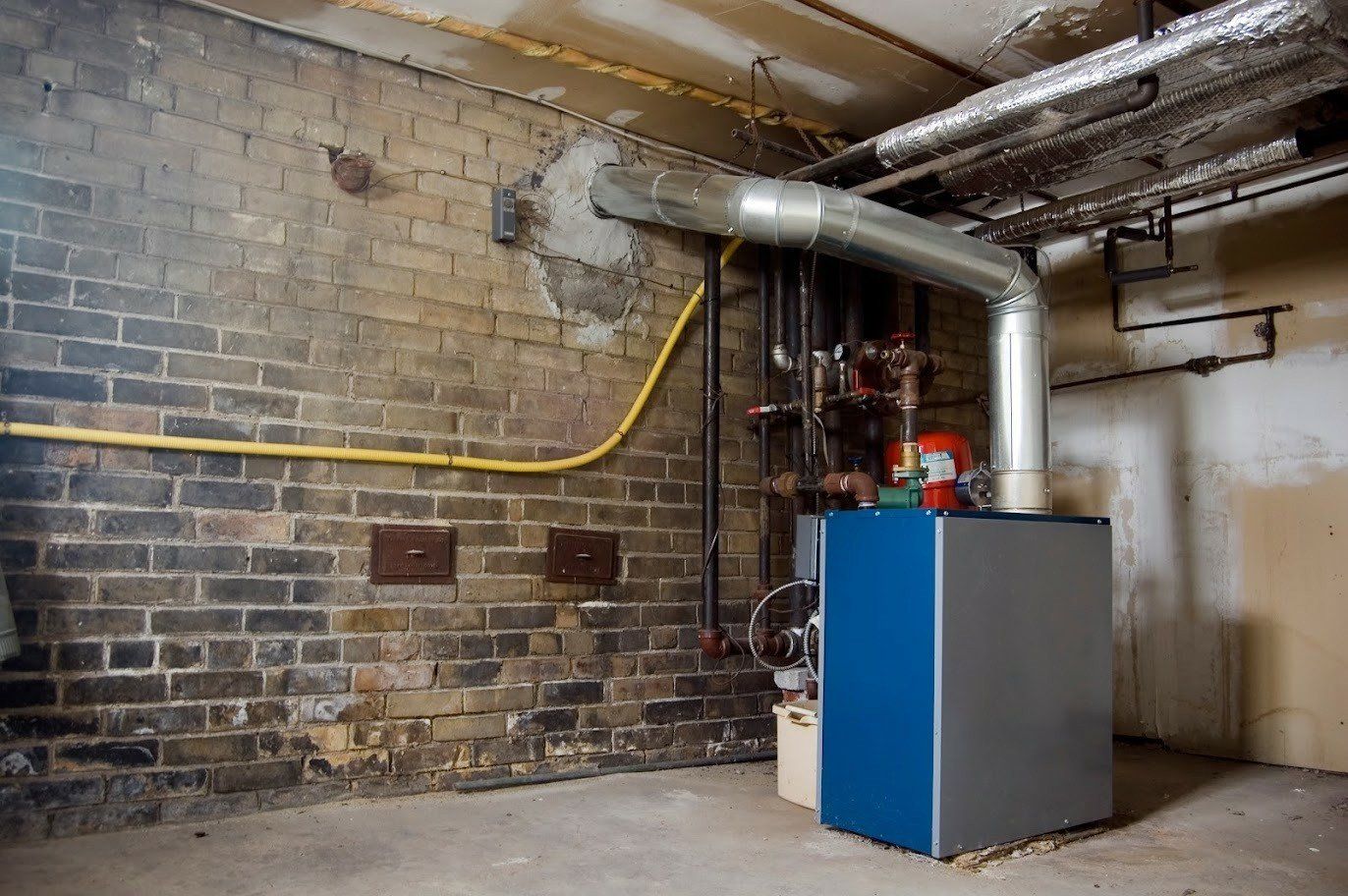OFFICE HOURS
HVAC Defects That Endanger Your Health: What's the Solution?

A well-maintained HVAC system provides a healthy atmosphere. It also maintains your physical health in several ways. But dirty or faulty units predispose you to various health threats. Children and people with pre-existing conditions are at a higher risk of infections. Note that your HVAC doesn't make you sick. Instead, dirt or defects host and circulate pollutants that cause health issues.
Since you spend a considerable amount of your time at home or work, understand the health impacts of faulty HVAC systems. That way, you will better protect your premises' occupants' health. Below are two common HVAC defects and the health risks they pose.
What Are the Defects?
These defects include poor air quality and condensation.
Poor Air Quality and Infected Air
Clogged filters, consistent gas leaks, or coolant leaks can compromise your indoor air quality. Debris that accumulates outside the air filters, for instance, limits interior and exterior airflow. On the other hand, leakages deposit harmful components in the atmosphere. The result is an increase in respiratory illnesses and related complications.
Dirty units send bacteria and viruses to your premises. Your body reacts to air impurities in ways that range from mild to severe body reactions. Some mild reactions include coughs, sneezes, and fever.
Dirty and infected air can cause or spread more serious breathing problems such as:
- Asthma. High amounts of dust and pollen trigger asthmatic attacks and bronchial-related illnesses.
- Pneumonia. Infected air transmits the bacteria that cause chest infections.
- Air conditioner lung. A condition where lung inflammation results from inhalation of foreign airborne particles.
Condensation
Condensation is common, but it becomes a problem when it forms in the unit's coils or ducts. While no direct health problems happen from condensation, the moisture provides a suitable environment for fungi growth. Molds and mildews grow in poorly maintained units and then release spores that spread throughout your premises via air.
Mold spores trigger symptoms in people with mold allergies. Such symptoms include:
- Wheezing and chest tightness
- Red, itchy, or watery eyes
- Dry skin
- Stuffy and runny nose
What Are the Solutions?
Even though you can identify some defects, others only become obvious when they have escalated to dangerous levels. A sure way to identify problems with your HVAC is to schedule regular maintenance. Frequent inspections maintain good air quality and reduce the spread of dangerous microorganisms. Additionally, an expert identifies hitches in difficult-to-access parts.
The HVAC modulates humidity, enhances proper ventilation, and keeps impurities out of your house. The result of these actions is clean indoor air free of microorganisms.
Humidity Modulation
Your HVAC system eliminates excess moisture from the air when it is cold and prevents too much dryness when hot. Dirty coils, leakages, and old age jeopardize the efficiency with which your unit balances humidity and, therefore, exposes you to respiratory illnesses. An expert inspects, identifies, and solves any hidden problems in good time.
Contamination Prevention
A clean and defect-free air filter keeps debris and dust outside. Your HVAC system only circulates purified air into your house. So you get consistent, clean air. Air filters require frequent cleanups and replacements. The lack of which reduces efficiency.
Proper Ventilation
HVAC fans cool and circulate air within your premises. Consistent air circulation dries moist parts of your premises and discourages mold growth. On the other hand, a faulty fan can make the air musty and spread allergens. What's more, musty air makes your premises uncomfortable.
A clean and well-managed HVAC translates to good health and comfortable indoor conditions. In essence, your unit takes good care of your indoor air, provided you also maintain it well. For more information about HVAC systems, contact Triangle Heating & Cooling. We repair, install, clean, and provide regular maintenance for your units. Our experts are always happy to serve you.
- Mon - Fri
- -
- Sat - Sun
- Closed
HVAC SERVICE AVAILABLE 24/7
LOCATION
3630 Cairo Road Paducah, KY 42001
PHONE NUMBER
KY License #HMO1554













